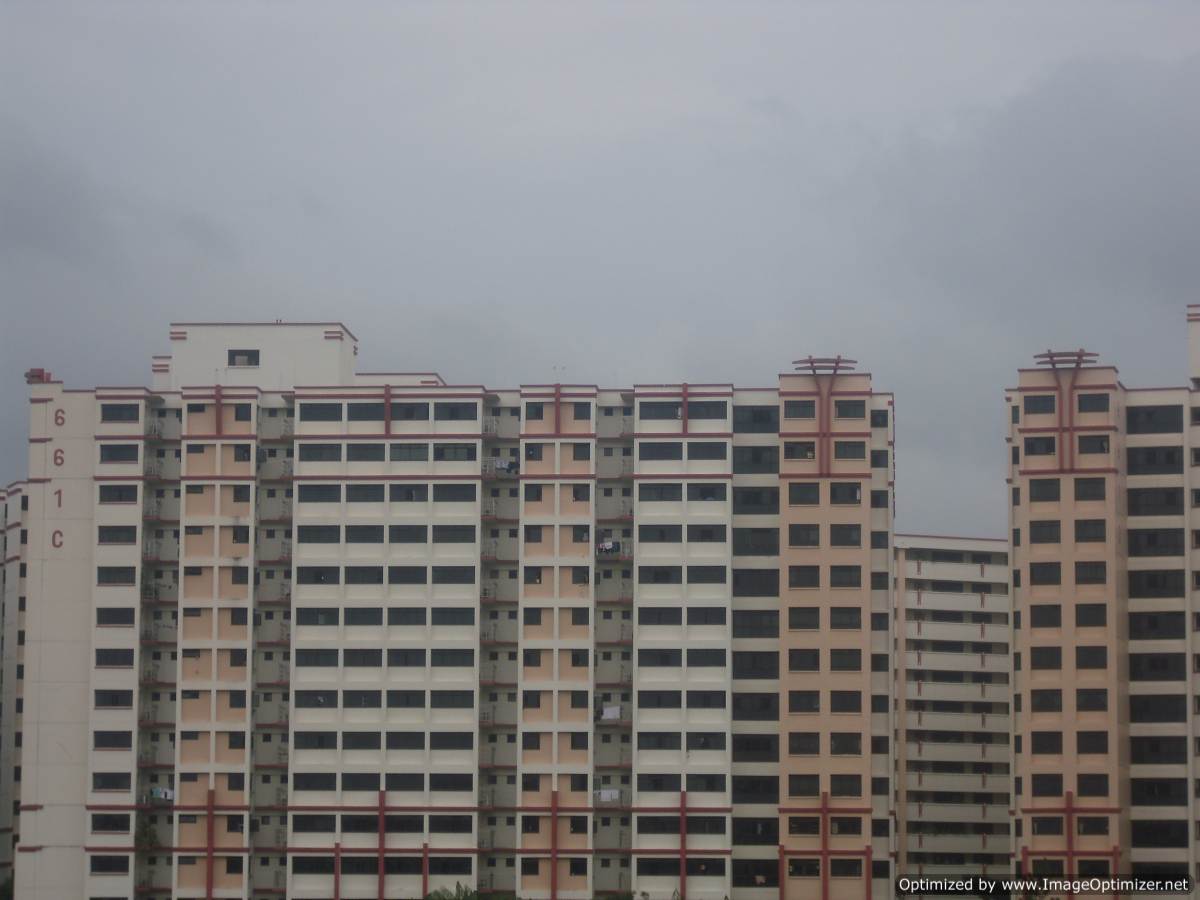Is COV (Cash-Over-Valuation) Considered as a Housing Valuation? (A Translation)
Written by Zhui Meng (追夢)
Translated by PEARL LIM
COV (Cash-Over-Valuation) is a form of housing valuation that is unique to Singapore. Its origins and development are not based on the principle of professional valuation. Indeed it came about because valuation cannot accurately reflect the value of the house. Interestingly, it can only be found in the open market (secondary market) for HDB (Housing Development Board) flats.
The fact that COV, as an ancillary value (it is added to the professional valuation to form the selling price), has become an accepted arrangement between buyers and sellers suggests that it is really a result of the inadequacy of professional valuation.
It is common to hear such talks by buyers and sellers. Seller says, “My 5-room flat was valued at $580,000. I asked for a COV of $40,000, so it was sold for $620,000. I am pleased with the selling price.” While the buyer will happily tell others: “Initially the seller asked for a $45,000 COV, but I lower it to $40,000. In the end, I paid $620,000 for the flat.”
Evidently COV has become an essential feature in the price negotiation during the sale of a resale HDB flat. Rarely will you hear people saying that they will remove COV in the transaction because it is not part of the professional valuation.
Of course, shall the supply of resale HDB flats exceeds the demand there will be no need for COV; in fact the buyers’ offered price can even fall below the professional valuation. But as Singapore’s population grows this is unlikely to happen.
Thus COV and professional valuation have both become necessary parts in the transacted price. Still in any transaction the professional valuation forms the basis for negotiation. Nobody ever doubts its reliability because it is professional. If you call it into question, the deal will fall through. A COV negotiation suggests the inadequacy of the professional valuation, but using the former to make up for the weakness of the latter is an amusing thing.
As its name suggests, the COV is the cash paid in excess of the valued amount of the flat. Together the COV and valuation forms the transacted price. Seen this way, the valuation obviously does not reflects the true value of the flat hence there is room for further negotiation.
The transacted price is a legally accepted agreement between buyers and sellers. But by a quirk of fate, the COV has become a “price” system by itself. Even the HDB keeps track of it and store it in its database. COV has become an indicator for price trend. Its most special trait is that it is paid for in cash (previously it was an under-the-table transaction) and can be used as the cash component for the down-payment of the next house or as the renovation fee.
While COV is not directly related to the professional valuation, nevertheless it complements it. As it is sensitive to market movements and determined by the demand and supply of resale HDB flats, it has become an effective market indicator. To find out the HDB property value of an area or for a particular HDB housing type, all you have to do to look at the relevant COV. From the value of the COV you can also find out how the property market is doing.
Why does COV only appear in the HDB resale market?
For all other property types regardless of intended uses COV is unheard of. It is peculiar to the HDB resale market as HDB flats are subsided public housing provided by the State with a minimum occupation period (MOP) of 5 years. If for any special reason the owner wishes to sell it during the MOP, he can only sell it back to HDB at the price he paid for it.
After the MOP, sale of the flat can be made in the resale market in competition with other flats. A qualified valuer will then be needed to assess its value for financing purposes for the banks, HDB and CPF (Central Provident Fund).
As HDB flats are subsided housing, it comes with a host of rules such as being out-of-bounds to foreigners. Furthermore owners cannot own more than 1 HDB flat at any one time, nor own a HDB flat and private residential property concurrently during the 5-year MOP. Living in a private home that you own while renting out the HDB flat is also barred.
In addition, after the sale of the HDB flat is completed CPF savings used in the purchase of the flat, along with interest that would have been earned had the monies remained in the CPF account, will be refunded into the CPF account. The sale proceeds may also be used to make up for any shortfall in the Minimum Sum of your CPF account. After all the deductions, sellers may find themselves with little cash from the sale. Consequently, the valuation of a HDB flat and a private home with similar characteristics can differ widely.
Previously COV is illegal but to curb this widespread practice, HDB has legalised it.
All in all, COV came about because professional valuation cannot truly reflect the value of the flat. However it may not be a bad thing since sellers get some extra cash for other expenses.
For advice on a new home loan.
For refinancing advice.
Download this article here.





